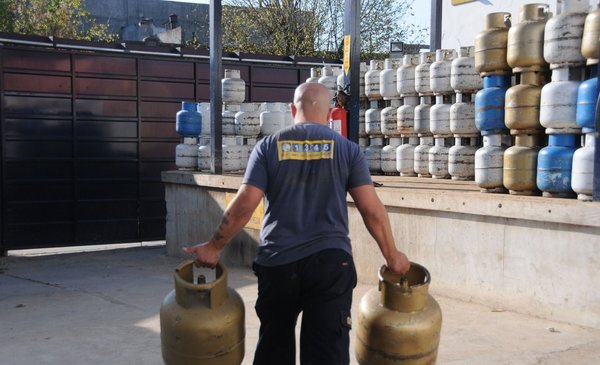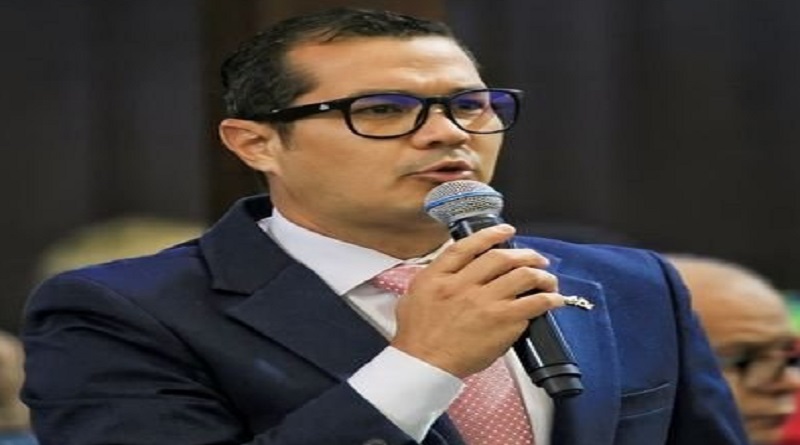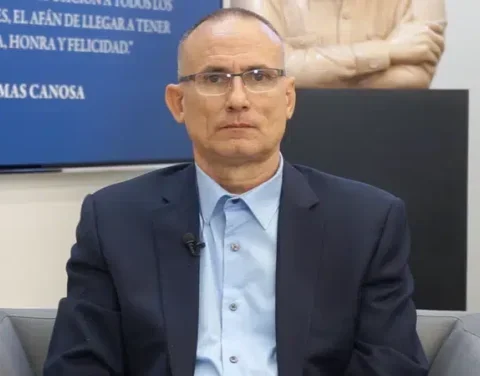In the last month The Executive Power adopted a series of tariff decisions that aim directly to focus the subsidies for supergas (LPG) and electricity in the most vulnerable populations.
Thus, the 13 kg bottle increased by $130, and came to have a cost to the public of $953.55 (without shipping) for the majority of the population. This energy used by families had its price frozen since April last year.
Secondly, In December 2022, the 50% discount on the price of the carafe had been extended until mid-year for some 130,000 households that receive any of the Mides benefits.. In those cases, the cost of recharging is now $475.
For several years now, the rate for this type of energy has been heavily subsidized and the same price is offered to everyone. On the other hand, Ancap resigns income, to the extent that the final price does not match the increase in costs. Much of the supergas is imported and depends on the international price of oil. The cumulative subsidy in 2022 was US$ 88 million, according to data from the entity.
The latest measures of the Executive Branch seek to concentrate the subsidy on the population with fewer resources that uses energy for cooking and heating. The central idea is to go from a subsidy to the product to a subsidy on the part of the demand. This is supporting those who need to buy the cheapest supergas and not all social sectors or all uses.
And at the same time go “honest” prices progressively. Even with the correction of $10 (15.8%), the value of supergas is below the last international reference set by the Ursea PPI report ($93.72 per kilo).
The authorities had already given some signals in the direction of beginning the reduction of the subsidy. During 2021 and 2022 sDifferential increases were applied to bottled supergas and bulk supergas. This bulk modality represents 20% of the demand for LPG in Uruguay, and is used in different areas, from hotels, restaurants and hospitals, to the grain industry and poultry, among other large clients.
The changes in the supergas subsidy are part of the comprehensive review of the fuel market that promotes the Executive Branch together with the review of other aspects related to the packaging and distribution chain of this product that are underway.
electric rate
In the case of electric power, as of January a 26% adjustment in the Residential Basic Consumption Tariff (TCB) marketed by UTEwell above the average increase that was around 3.5%, as this note explains The Observer.
Is about a heavily subsidized rate that already last year had had modifications, not in its prices, but in its design. That time, UTE decided to eliminate the possibility of entry for new users and it was only available to those who had already contracted it. Even in 2017 during the management of the Broad Front, the Energy Directorate of that time had suggested that the entity stop promoting it.
Now the change pointed directly to the price. The monthly charge entitled up to 100 kWh, which was $387.5, increased $100 to $487.5. During the last few years, customers who had contracted this rate paid for energy between 35% and 40% cheaper on average than customers who have contracted the Simple Residential rate and who are the vast majority of homes.
On paper, this new measure seeks to adapt the tariff scheme so that there is greater equity in prices, and that, for example, users who currently have Simple Residential do not end up subsidizing those who are in the TCB without needing it, as they have proposed since the company.
It is that originally the TCB when it was designed during the government of José Mujica in 2010 had the only requirement to contract it to consume little electricity, but without a prior requirement of level of economic income. So until 2021 anyone could hire her and a discount was applied. “subsidy to sweep” as the Minister of Industry and Energy, Omar Paganini, once mentioned.
the social bonus
“We promote the Social Bonus and not the TCB”, Paganini wrote on his Twitter account. The minister considers that the TCB has a “badly designed and unfair” subsidy.
“We will converge users who can pay towards more equitable values. Vulnerable users migrate to the Social Bonus, and the fixed charge is raised by $100 for those who remain in the TCB, because they are not from the target population”, Paganini wrote on his Twitter account.
The Social Bond for energy has been in operation since 2022 and aims to focus the subsidy on vulnerable clients due to their socioeconomic situation. In this way, discounts of between 60% and 90% are granted in the price of electricity. During the past year, this product implemented between UTE and Mides reached 140,000 homes in vulnerable situations.
“This government seeks to focus subsidies on vulnerable populations, avoiding situations where everyone, vulnerable or not, pays for the product below cost,” said Minister Paganini.
“If something is charged below costs, a deficit is generated, which then has to be covered, for example, by charging other more expensive products. Those who buy, whether or not they are vulnerable populations, are being subsidized by others. It’s not the right thing to do,” he added.


















